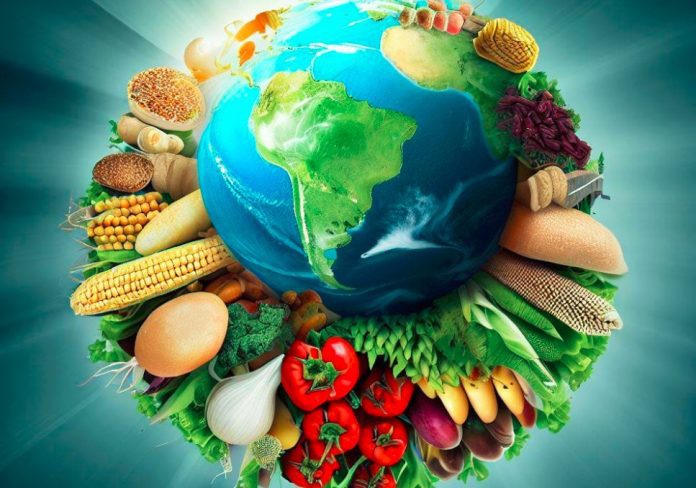News in brief: FAO and OECD released a report stating that world food production will continue to grow over the next 10 years. However, this will be at a slower rate compared to the previous decade due to demographic trends.
World food production is expected to show continuous increment over the next 10 years, though at a much slower pace of growth than the previous decade due to demographic trends. This was according to a report released by the Food and Agriculture Organization of the United Nations (FAO) and the Organization for Economic Co-operation and Development (OECD).
The OECD-FAO Agricultural Outlook is the key global reference for medium-term prospects for agricultural commodity markets.
Livestock products and fish are projected to grow at an average annual rate of 1.1% during the period, which is half the pace recorded in the decade ending in 2015.
The projection comes in spite of increasing geopolitical tensions, worrying climate trends, animal and plant diseases and increased price volatility for key agricultural inputs.
Meanwhile, total food consumption is expected to rise by 1.3 percent per annum until 2032 at least. This value indicates an increase in the share of agricultural commodities used as food.
Clearly, there will be recovery from recent inflationary pressures with normal weather conditions, no major policy changes and on-trend evolution in consumer preferences.
In a special assessment of key farming input prices, which have risen significantly in the past two years, the outlook calculates that every 10 per cent increase in fertiliser prices leads to a 2 per cent increase in global food costs. The poor, who spend a larger share of their budget on food, bear the burden from this the most. The report highlights the importance of policies to ensure greater efficiency and resilience.
“The broad trends outlined in this report are heading in the right direction, but need to be accelerated,” FAO Director-General QU Dongyu said. “Promoting a faster shift to sustainable agrifood systems will bring many benefits and help usher in better lives for all, leaving no one behind.”
OECD Secretary-General Mathias Cormann pointed out that investments in innovation are important to offset rising input costs and lay the foundation for long-term food security, affordability and sustainability. Innovative practices reduce agriculture production carbon-dependency.



